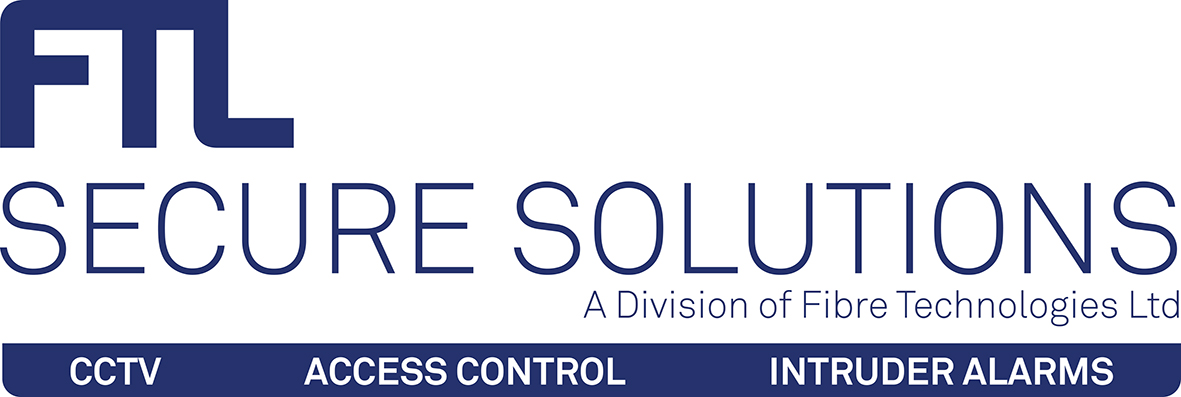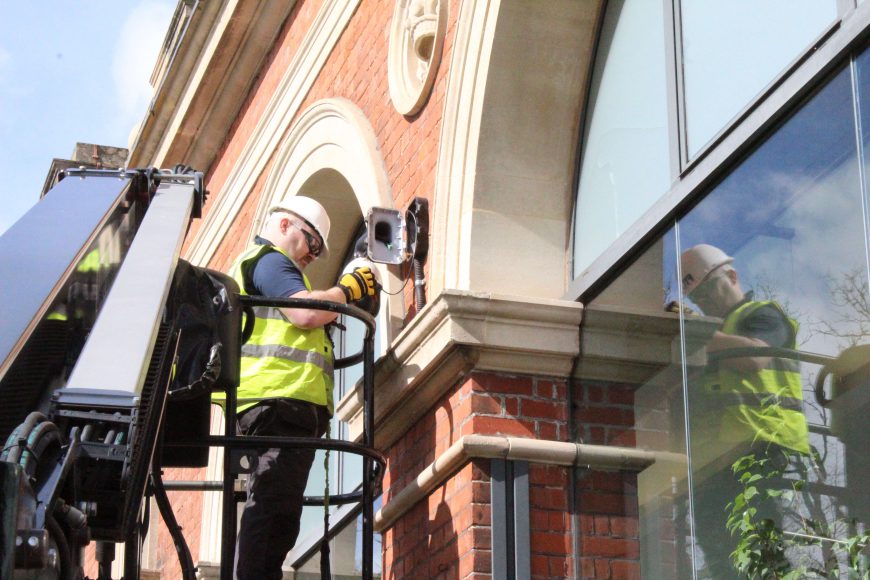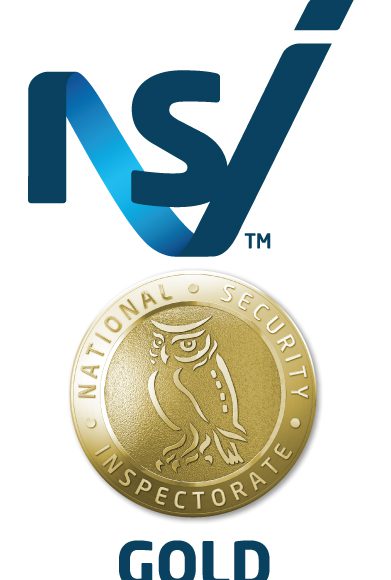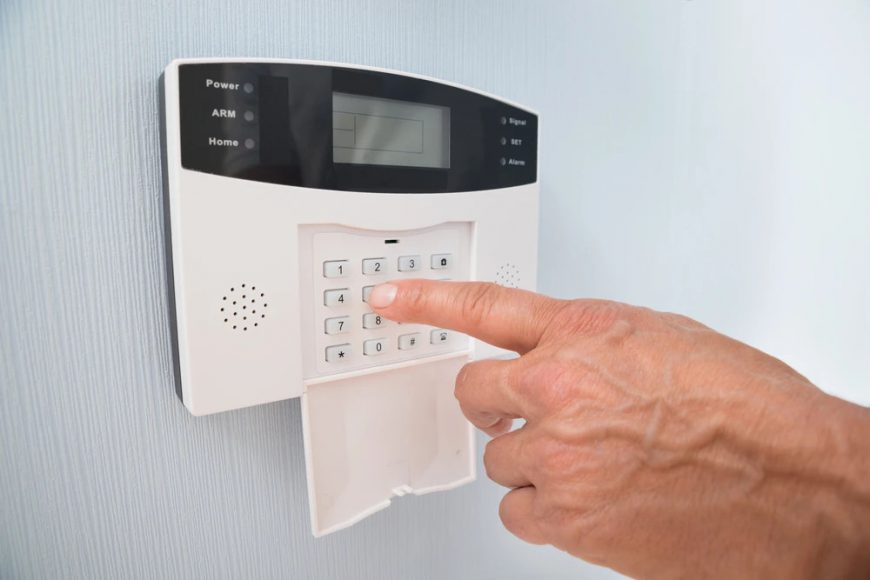The landscape of commercial security is evolving rapidly, driven by advancements in technology, shifts in workplace dynamics, and an increasing need for more robust, adaptive solutions. As we look ahead to the next decade, businesses will face new challenges and opportunities in securing their assets, data, and personnel. From AI-powered surveillance systems to integrated security ecosystems, the future of commercial security promises to be both more efficient and more complex.
Here’s a look at how commercial security will change in the next 10 years—and why now is the time for businesses to start preparing.
1. AI and Machine Learning in Security Systems
Artificial intelligence (AI) and machine learning (ML) are poised to revolutionize commercial security. These technologies will enable security systems to become much more intelligent and predictive. For instance, AI-powered cameras can now identify and track individuals or objects across multiple cameras, learning behaviours to distinguish between normal activity and potential threats.
In the next decade, AI will likely advance to the point where security systems can not only detect intrusions but also predict potential security breaches by analysing patterns and anomalies in real-time. This will drastically reduce the need for human intervention while improving response times and accuracy.
What This Means for Businesses:
By incorporating AI-driven systems, businesses will be able to take a more proactive approach to security, reducing risk and minimizing potential losses before they occur.
2. Smart Security and IoT Integration
The Internet of Things (IoT) has already made its way into commercial security systems, and this trend will only continue to grow. As businesses increasingly rely on interconnected devices—such as smart locks, security cameras, sensors, and alarms—security systems will become more seamless and integrated.
In the next 10 years, IoT will enable the creation of highly sophisticated security ecosystems, where every device communicates with others in real time. For example, a breach detected by a security camera might trigger automatic lockdown procedures or alert security personnel, all while adjusting environmental factors such as lighting or climate control to reduce vulnerabilities.
What This Means for Businesses:
With IoT-enabled security, companies will benefit from streamlined, centralized control over their entire security infrastructure. This not only enhances response times but also allows for greater flexibility in managing access points, monitoring systems, and integrating new technologies as they emerge.
3. Biometric Authentication and Facial Recognition
Biometric technology is already making waves in access control, and in the next decade, its role in commercial security will expand significantly. Facial recognition, iris scans, voice recognition, and even fingerprint biometrics will become more common for verifying access to sensitive areas.
As these systems become more accurate and less intrusive, they will likely replace traditional methods of access control, such as key cards and PINs, which can be lost or stolen. The use of biometrics will also enable better tracking of who enters and exits secured spaces, enhancing overall accountability.
What This Means for Businesses:
Biometric authentication offers a higher level of security and greater convenience for both employees and security personnel. By reducing the reliance on physical keys or cards, businesses can prevent unauthorized access and streamline security protocols across the organization.
4. Cloud-Based Security Solutions
Cloud computing has already transformed many aspects of business operations, and the security industry is no exception. Cloud-based security systems allow businesses to store vast amounts of surveillance footage, data logs, and other critical security information remotely.
In the coming years, these cloud solutions will become more sophisticated, offering enhanced scalability, real-time updates, and greater flexibility in managing multiple locations. Additionally, cloud-based systems will facilitate the integration of diverse security devices and platforms, making it easier to manage security from a single, centralized interface.
What This Means for Businesses:
Cloud-based security solutions will enable businesses to access their security data anytime, anywhere. Whether you operate from a single office or multiple locations, cloud-based systems will provide better oversight, more efficient data management, and lower maintenance costs over time.
5. Cybersecurity and Physical Security Convergence
As cyber threats grow in sophistication, the line between physical and cybersecurity is becoming increasingly blurred. A breach in physical security could open the door to cyber-attacks, and vice versa. In the next decade, commercial security systems will likely evolve into hybrid models that combine both physical and digital protection.
This convergence will enable businesses to monitor physical security (e.g., access control, video surveillance) alongside their cybersecurity posture (e.g., network monitoring, threat detection), all within a single unified system. Integration of physical and cybersecurity tools will improve situational awareness and enable faster, more coordinated responses to threats.
What This Means for Businesses:
A unified security approach will streamline operations, reduce the complexity of managing multiple systems, and offer a more comprehensive defence against both physical and cyber threats. It will be vital for businesses to consider a holistic security strategy that encompasses both spheres.
6. Remote Monitoring and Automation
With the increasing reliance on remote work and decentralized business models, the demand for remote monitoring of security systems will grow. In the next decade, remote monitoring will become more autonomous, with systems capable of making real-time decisions based on data analysis.
Automated responses, such as locking doors, triggering alarms, or notifying security teams, will become more commonplace, allowing businesses to address threats without human intervention. Advanced drones and robots may also be deployed for on-the-ground surveillance, further enhancing remote capabilities.
What This Means for Businesses:
Remote and automated security solutions offer businesses the ability to oversee operations 24/7 from anywhere in the world, providing peace of mind and greater efficiency in responding to incidents without being physically present.
Conclusion: Get Ready for the Future of Commercial Security
As we look ahead to the next decade, it’s clear that commercial security will be defined by increased automation, greater integration, and smarter systems. To stay ahead of the curve, businesses must embrace the emerging technologies and adapt their security strategies accordingly.
One company that is well-positioned to help businesses navigate these changes is FTL Secure Solutions. With a commitment to providing cutting-edge, customizable security solutions, FTL Secure Solutions offers a comprehensive range of services—from AI-powered surveillance systems to biometric access control and cloud-based security infrastructure. Whether you’re looking to enhance physical security, streamline remote monitoring, or integrate your cybersecurity efforts, FTL Secure Solutions has the expertise and technology to safeguard your business for the future.
Contact FTL Secure Solutions today to future-proof your commercial security. Get in touch with our team to explore how our advanced, scalable solutions can meet your unique needs and keep your business safe for years to come.









